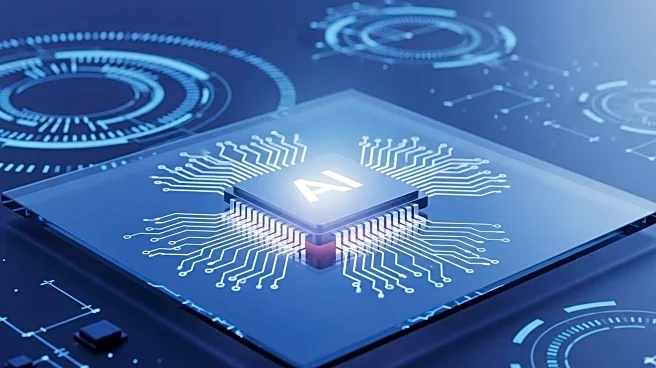What's Happening?
Adam Mosseri, head of Instagram, has addressed concerns regarding the impact of artificial intelligence (AI) on content creation, particularly in response to comments made by creator MrBeast. Mosseri acknowledged that AI will enable more individuals to create content by reducing production costs, but also warned of potential misuse by bad actors. He emphasized the need for society to adapt to the blurred lines between real and AI-generated content. Mosseri discussed these issues at the Bloomberg Screentime conference, highlighting the role of AI in transforming the creator industry and the challenges of labeling AI-generated content accurately.
Why It's Important?
The integration of AI into content creation has significant implications for the media and entertainment industry. It democratizes content production, allowing more people to participate, but also raises concerns about authenticity and misinformation. As AI tools become more prevalent, platforms like Instagram must navigate the ethical and practical challenges of distinguishing AI-generated content from organic content. This shift could impact creators' livelihoods and alter consumer perceptions, necessitating new strategies for content verification and education on digital literacy.
What's Next?
Instagram and other social media platforms may need to develop more sophisticated systems for identifying AI-generated content and providing context to users. This could involve community-driven fact-checking systems or enhanced labeling mechanisms. Additionally, societal adaptation is crucial, with education systems potentially incorporating digital literacy programs to help individuals discern the credibility of online content. The ongoing evolution of AI technology will likely continue to shape the strategies of social media companies and influence regulatory discussions.
Beyond the Headlines
The rise of AI in content creation poses ethical questions about the nature of creativity and the value of human-generated content. It challenges traditional notions of authorship and originality, potentially leading to a reevaluation of intellectual property rights. Furthermore, the environmental and financial costs associated with AI technology could become more prominent as its use expands, prompting discussions on sustainable practices within the tech industry.









